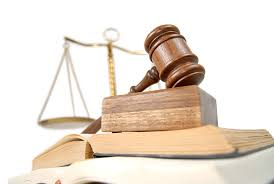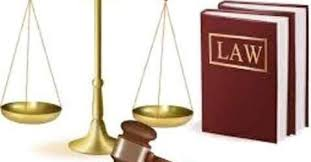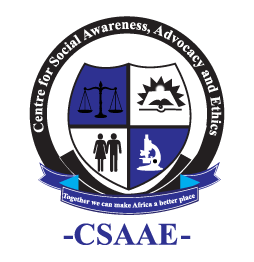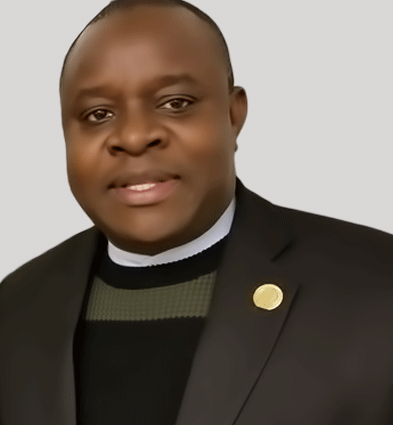As a fundamental human right, the right to a fair and public hearing by an independent and impartial tribunal is crucial for upholding justice and ensuring equality in society. This right, enshrined in Article 10 of the Universal Declaration of Human Rights, holds significant importance in Nigeria, a country striving for democracy and justice for all its citizens. The Nigerian Constitution guarantees the right to a fair hearing in Section 36. This includes the right to be informed promptly and in detail of the nature of the allegations, the right to legal representation, the right to present a defence and the right to a fair and impartial court.

In Nigeria, every individual, whether a citizen or a recognized foreigner within the country, is entitled to seek justice before an impartial Court. This right serves as a foundation of the legal system, ensuring that every person has the opportunity to defend their rights and address any criminal charges brought against them in a fair and transparent manner. Over the years, Nigerian courts have demonstrated a commitment to upholding the right to fair and public hearings. Instances where soldiers who molested citizens were prosecuted and some even suspended from the army, showcase the judiciary’s dedication to holding individuals accountable for their actions. Moreover, cases like that of Rotimi Amaechi in the 2011 gubernatorial election demonstrate how citizens can approach courts to seek redress when their rights are infringed upon and achieve justice through legal processes.
However, despite these positive examples, there have been instances where the right to a fair and public hearing has been violated in Nigeria. One such case was the prolonged detention of Sheikh Ibrahim El-Zakzaky in 2015, where the government had repeatedly disregarded court orders to release him until 2021. This violation not only undermines the rule of law but also reduces public trust in the judiciary and the legal system as a whole.

To strengthen the protection of the right to fair and public hearings in Nigeria, several measures can be taken such as, ensuring that the judiciary is independent and free from external influence is crucial for protecting the right to fair hearing. Judges should be impartial and free to make decisions based on the law and evidence presented in court. This would not only enhance the transparency and fairness of legal proceedings but also increase public confidence in the judicial system. Continuous training for judges, lawyers, and court personnel on the importance of fair hearings and due process is necessary to uphold these rights in practice. Also, access to legal representation is essential for ensuring a fair hearing. Legal aid should be provided to those who cannot afford a lawyer to guarantee equal access to justice. More staff needs to be employed to the Legal Aid Council across the country
The right to a fair and public hearing is a fundamental human right that must be upheld to ensure justice and equality for all individuals in Nigeria. While progress has been made in enforcing this right, there are still challenges that need to be addressed to prevent its violation and strengthen the legal system’s integrity. By promoting transparency, impartiality, and accountability in legal proceedings, Nigeria can move closer to achieving a society where every individual is treated with dignity and respect under the law.


